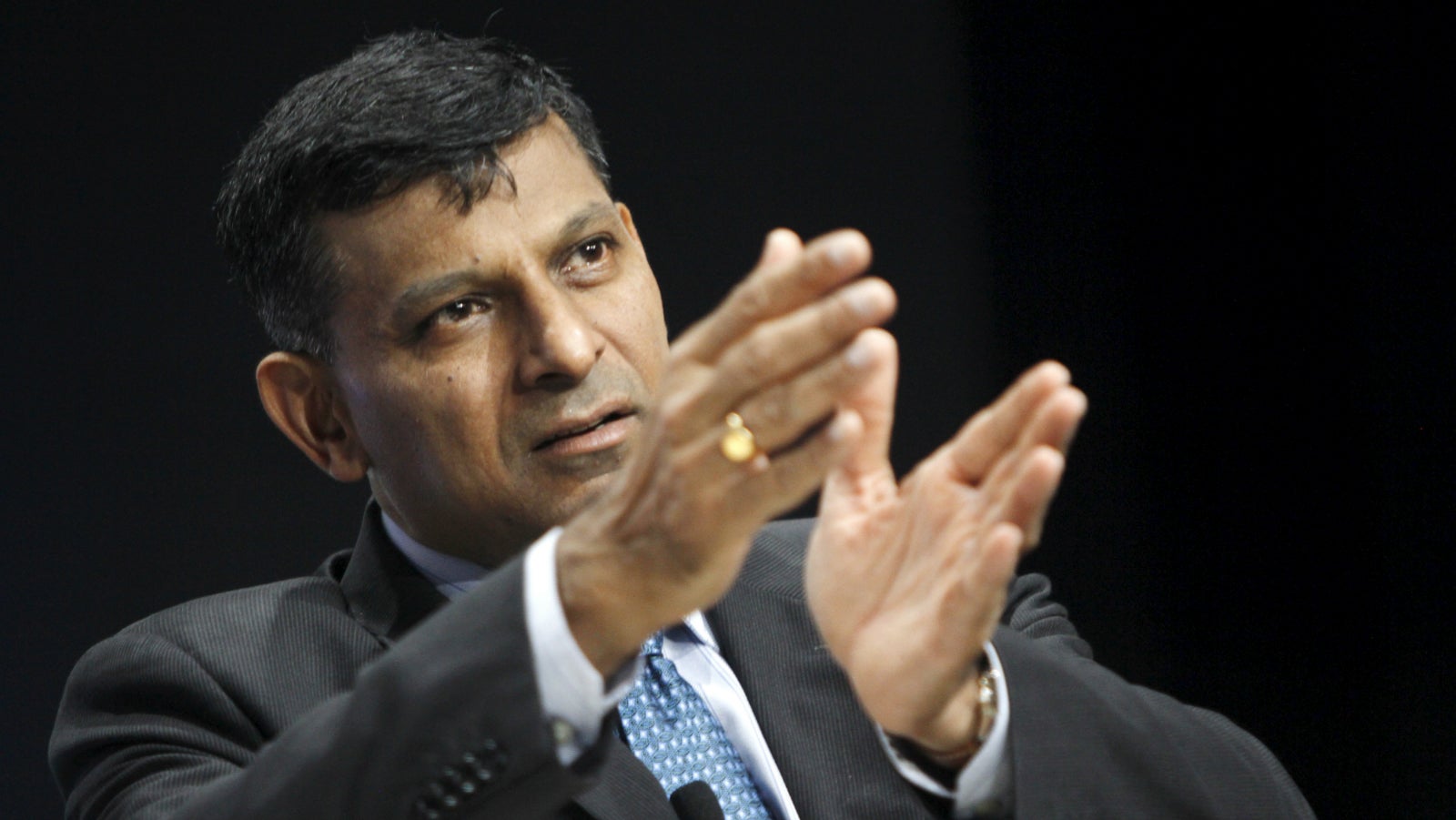Raghuram Rajan on the dangers of the rich getting richer
India’s central banker Raghuram Rajan believes income inequality across the world is stalling demand.


India’s central banker Raghuram Rajan believes income inequality across the world is stalling demand.
“Perhaps the movement of income towards high-income people has in fact reduced demand,” the Reserve Bank of India (RBI) governor said at an event today (Oct. 19).
“After all, poor people consume every rupee that they receive. But for rich people, once you have bought your yacht and private jet, there isn’t more you can spend on,” he explained in a speech that lasted about 40 minutes.
Rajan’s musings come at a time when countries worldwide are grappling with the widening income gap.
In India, for instance, the richest 1% own around 53% of the wealth in the country, according to Credit Suisse, the Swiss investment bank. The bank said in a report on Oct. 14 that India’s wealth increased by $2.284 trillion during 2000 and 2015 and the richest 1% consumed about 61% of this rise.
Meanwhile, in the US, wages for the wealthiest 1% rose more than two times between 1979 and 2011. But for a median US worker, the wage rise was only about 6% in the same period. The issue is also something that US presidential candidate Bernie Sanders has made one of the main agendas in his campaign.
In the past, too, Rajan has been critical of rising income inequality. In his 2010 book, Fault Lines, he argued that America’s growing inequality and thin social safety net had a significant role to play in the financial crisis. Not unlike India.
“There is a fundamental problem in India, which is that significant parts of the population are not benefiting from the growth process,” Rajan said in 2010. “This is very similar to what happened in the US.”
Meanwhile, international organisations, including the Organisation for Economic Co-operation and Development, have also argued that income inequality hampers growth.
“Income inequality has a sizeable and statistically negative impact on growth, and that redistributive policies achieving greater equality in disposable income have no adverse growth consequences,” it said in a report in December last year.